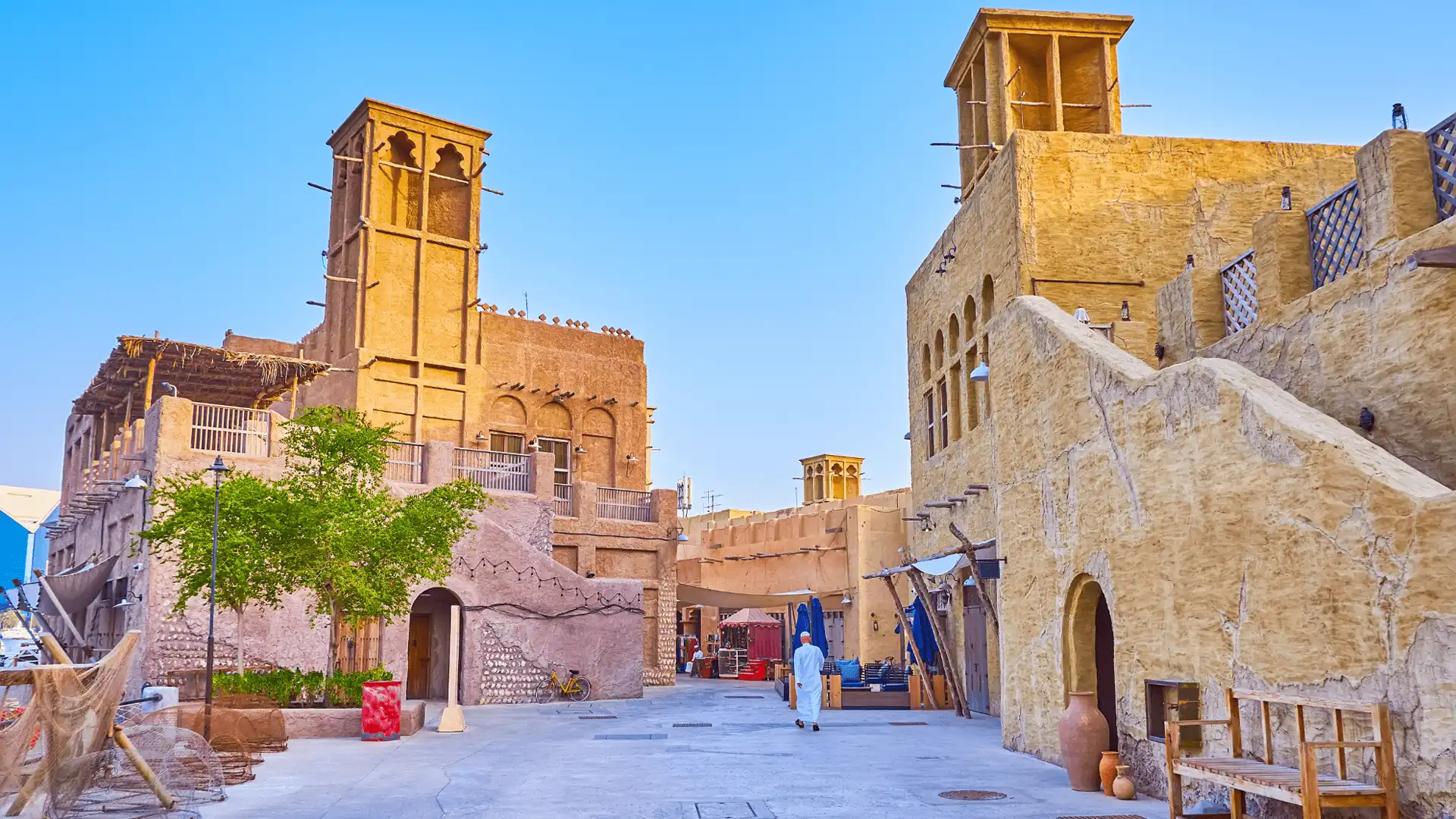The Middle East is a fascinating region known for its rich history and diverse cultures. It's located primarily in Western Asia, with a small portion extending into Northeast Africa. This region is home to many countries, each with its own unique identity and heritage. Among these countries, Saudi Arabia, Iran, Iraq, and Egypt are prominent for their historical significance and cultural impact. Major cities like Riyadh in Saudi Arabia, Tehran in Iran, Baghdad in Iraq, and Cairo in Egypt are bustling hubs of activity, blending ancient traditions with modern developments.
The Middle East is often recognised for its significant role in world history, being the birthplace of several major religions, including Islam, Christianity, and Judaism. Cities like Jerusalem in Israel and Mecca in Saudi Arabia are key religious sites for millions worldwide. The region's landscape varies from vast deserts in Saudi Arabia and Iran to the fertile valleys of the Nile River in Egypt. This geographical diversity contributes to a variety of lifestyles and cultural practices across the region.
Economically, the Middle East is renowned for its rich oil reserves, particularly in countries like Saudi Arabia, Iraq, and the United Arab Emirates, with cities such as Dubai and Abu Dhabi becoming synonymous with luxury and rapid development. The region's economy, however, is not limited to oil; it's also a growing hub for technology, tourism, and education. The Middle East continues to be an area of strategic importance and a crossroads for different cultures, making it a region of endless discovery and intrigue.

The Middle East offers diverse climates, so the best time to visit varies by the region you plan to explore. For countries like the United Arab Emirates, Oman, and Jordan, the ideal time is during the winter months, from November to March. The weather during this period is pleasant, with milder temperatures that are perfect for outdoor activities, sightseeing, and exploring ancient historical sites.
For those interested in experiencing special occasions and festivals, the Middle East has some remarkable events. Ramadan, the Islamic holy month of fasting and reflection, is a unique cultural experience. It's an opportunity to witness the traditions and enjoy special iftar meals after sunset. Additionally, Eid al-Fitr, which marks the end of Ramadan, is celebrated with festive gatherings, making it a fascinating time to visit.
If you're drawn to cultural festivals, don't miss the Dubai Shopping Festival in January and February. It offers incredible shopping deals, entertainment, and a vibrant atmosphere. Alternatively, immerse yourself in the vibrant colours and traditions of Nowruz, the Persian New Year, celebrated in March. Each of these periods offers a distinct and enriching experience in the Middle East, so choose the one that aligns with your interests.
Central Middle East: The central part of the Middle East is often considered the heart of the region, home to several countries including Saudi Arabia, Iraq, and Jordan. One of the most iconic attractions in this region is the ancient city of Petra in Jordan, known for its impressive rock-cut architecture and historical significance. Additionally, the Arabian Desert offers a unique desert experience, with camel rides and the opportunity to explore vast sand dunes.
Northern Middle East: The northern part of the Middle East includes countries like Turkey, Syria, and Lebanon. Istanbul, Turkey, is a major tourist hub, straddling Europe and Asia, and offering a blend of history, culture, and modernity. The ancient city of Ephesus in Turkey is famous for its well-preserved Roman ruins. In Lebanon, the historic city of Byblos is renowned for its archaeological sites and charming coastal atmosphere.
Eastern Middle East: The eastern part of the Middle East encompasses countries such as Iran and Oman. In Iran, you can visit the ancient city of Persepolis, a UNESCO World Heritage site, and explore the rich cultural heritage of Isfahan with its stunning mosques and palaces. Oman offers the breathtaking landscapes of the Al Hajar Mountains and the historic city of Nizwa.
Southern Middle East: The southern part of the Middle East includes Yemen and the UAE. In the UAE, Dubai's modern marvels, including the Burj Khalifa and Palm Jumeirah, are major attractions. Abu Dhabi offers cultural experiences with the Sheikh Zayed Grand Mosque. In Yemen, the historic Old City of Sana'a is a UNESCO World Heritage site, featuring intricate architecture and ancient markets.
Western Middle East: The western part of the Middle East comprises countries like Israel, Palestine, and Egypt. Jerusalem is a significant religious and historical site for Jews, Christians, and Muslims, with attractions like the Western Wall and the Dome of the Rock. Egypt is home to the pyramids of Giza and the Sphinx, as well as the historical treasures of Luxor and the Nile River cruises.
The Middle East is a diverse region with a rich tapestry of cultures, history, and landscapes, making it a captivating destination for travellers interested in exploring a mix of ancient heritage and modern developments.